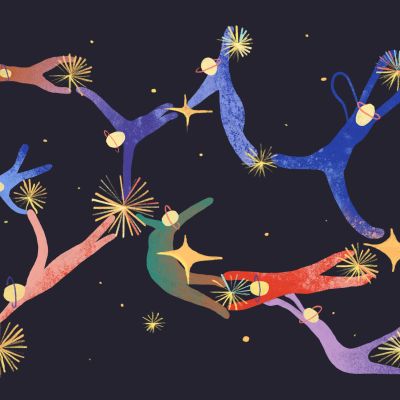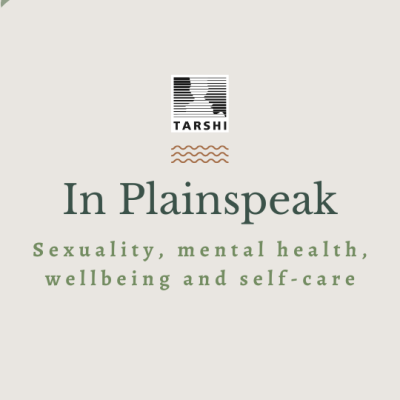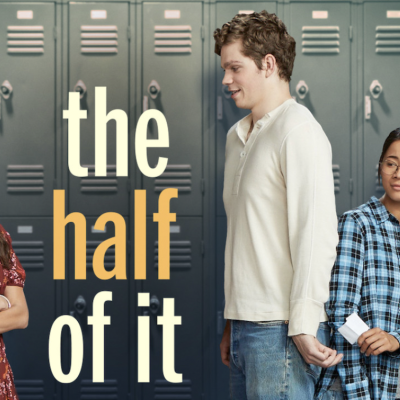Mental Health
The only hitch was that neither the agents nor the landlords who lurked behind those rentable flats were particularly keen on leasing their precious properties to a – what! Divorcee??!! No, no, madam, but this flat is only for families.
लम्बे समय तक, हमारे समाज के एक बड़े हिस्से द्वारा यौनिक ‘अल्पसंख्यकों’ को मानसिक रोगी माना जाता था। यह माना…
The most satisfying spiritual and sexual experiences I’ve had were not in my twenties, thirties or even forties. They have been in my 50’s. The most insightful spiritual insights, and the most orgasmic orgasms have both arrived in middle age.
हमारा मानसिक स्वास्थ्य सिर्फ़ हमारी इकलौती ज़िम्मेदारी नहीं है बल्कि उन संस्थाओं और व्यवस्थाओं की भी ज़िम्मेदारी है जिनका हम हिस्सा हैं। इसलिए हमारी सेहत और ख़ुशहाली बनाए रखने के लिए इनका योगदान ज़रूरी है।
मेरे यह पूछने पर कि, “जब आप दुखी होते हैं तो किससे बात करते हैं”, जोगप्पा ने ने कहा “देवी…
Growing up, for me, has been about accepting that the loneliness and sadness woven into the fabric of my being do not go away with entering conventional arrangements like monogamous relationships or marriage.
मेरे जेंडर के बारे में उनकी प्रतिकारिता हमारी बातचीत में हर जगह होती है, लेकिन वह मुझे यह भरोसा देने में भी देर नहीं लगातीं कि मेरी ग़ैर-विषमलैंगिकतावादी यौनिकता ने उन्हें कभी परेशान नहीं किया।
ऑड्रे लार्ड ने एक बार कहा था, “अपनी देखभाल करने का ये मतलब नहीं कि मैं स्वार्थी हूँ, देखभाल स्वयं…
मां बनने के बाद से आत्म-देखभाल पर मेरे नज़रिये में बहुत बदलाव आया है। एक अभिभावक की भूमिका निभाते हुए और उसकी चुनौतियों का सामना करते हुए अपना ख़्याल कैसे रखा जा सकता है?
What I am proposing here is to look at being in a relationship and being single together because what is important here is the idea of ‘be-ing’ as opposed to the stereotypes and perceptions attached to our relationship with ‘the One’ or to singlehood.
I believe that queer friendships and intimacies are sheer resistance, which not only swallow the despair and pain that might be perpetrated on gender-nonconforming people by their families, but also recognise all the lies about love that have been sold to us.
These are their words, their vision,
a blade that left a cut in my veins
The intricate connections between sexuality, mental health, wellbeing, and self-care have been some of the core themes that In Plainspeak…
By the end of the evening, the room was suffused with the celebration of singlehood, rather than any explanation or apology for it. It appeared that the solitary life was envied and extolled by those who have opted out of it as well as many who haven’t.
The Half of It is beautiful because it brings out the insecurities of teenagers who want to fit in with the world around them and are confused about their feelings which might be the diametrical opposite of what is socially expected.















